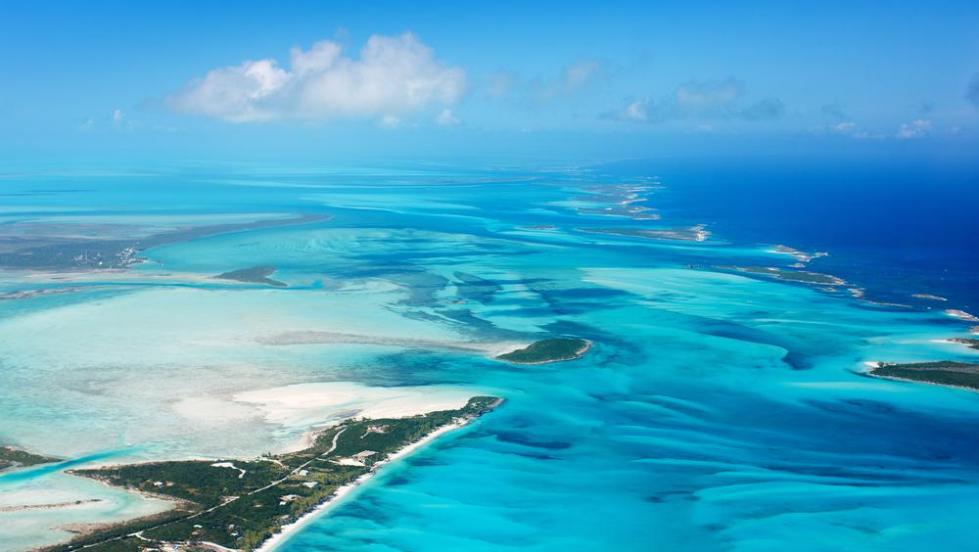About Bahamas
The Bahamas is an archipelago in the Atlantic Ocean, made up of over 700 islands and cays, renowned for its stunning beaches with powdery white sands and crystalline waters. These islands boast an array of marine life, making them a prime location for diving, snorkeling, and fishing. The capital city, Nassau, on New Providence Island, is a bustling hub filled with colonial architecture, vibrant markets, and a rich history. Originally inhabited by the Lucayan people, the islands were later discovered by Christopher Columbus in 1492 during his first voyage to the New World. British settlers eventually colonized the area in the 17th century, and the Bahamas became a British Crown Colony in 1718. It gained its independence from Britain in 1973, but still retains the British monarch as its ceremonial head of state. Due to its tropical climate, the Bahamas enjoys balmy temperatures averaging around 80 °F (27 °C) year-round. However, it also experiences a rainy season from June to November. The unique Bahamian culture is a tapestry of influences: from its indigenous Lucayan roots, to British colonial ties, African heritage brought by enslaved people, and its proximity to the United States, all combining to create a vibrant and distinct Bahamian identity.
